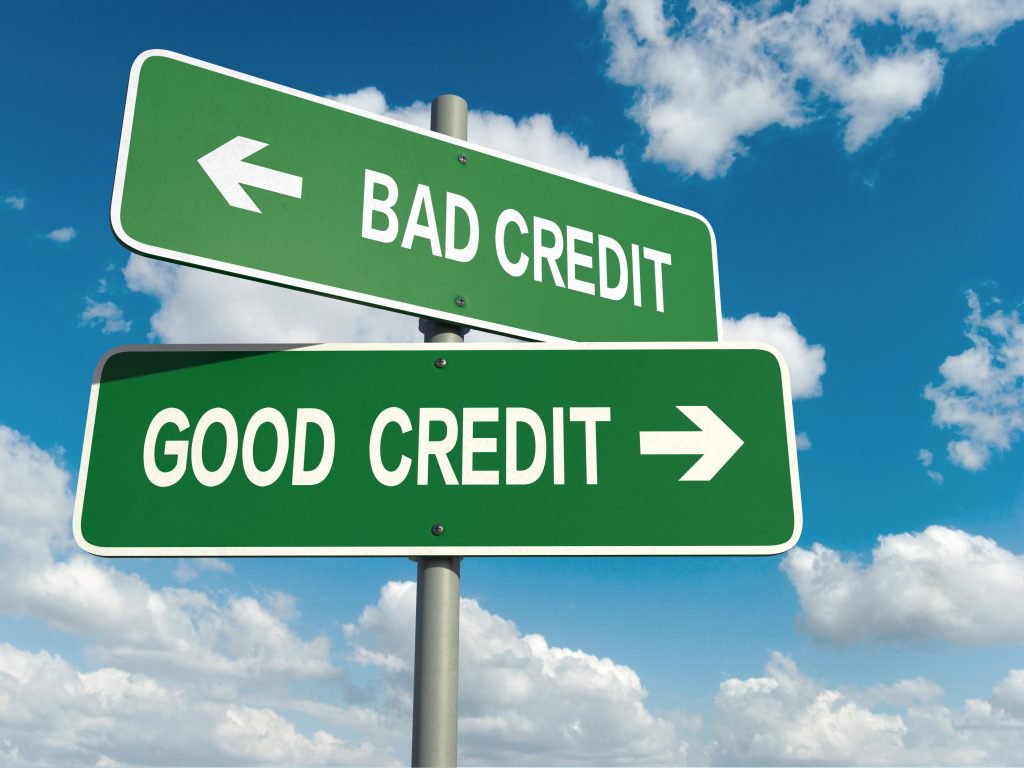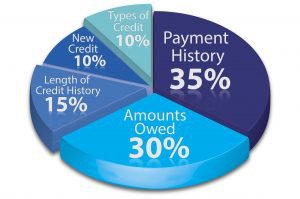How is Your Credit Score Calculated?

How Is Your Credit Score Calculated?
As part of our efforts to help Canadians qualify for the lowest possible mortgage rates and improve their overall financial situations, I am continuing to build on the topic of how to effectively manage and improve your credit score. Last week’s blog post covered the topic of how long bad credit stays on your credit report . This week we will look at the different factors that play a major role in the calculation of your credit score.
If you need to apply for a mortgage loan or refinance your property, your credit score is one of the biggest determining factors of whether or not you can qualify for a premium product and what interest rate you will be paying. Having an excellent credit score will help you get approved quickly for lower rates on most types of credit products and loans. If you have a bad credit score then this will negatively affect your ability to get approved for credit and loans such as a mortgage or home refinance. As long as you have enough equity available in your property, you can likely get approved for a private mortgage without much worry about your credit score, though you will have to pay higher interest rates and additional fees.
How Long Does It Take To Improve Your Credit Score?
The amount of time required to see an improvement in your credit score depends on a variety of factors. If your credit score is really poor it will take longer to see a substantial enough improvement than if your credit score is only slightly bruised. By developing and following the right strategy, you can start to see significant improvements in your credit score in as little as a month or two.
Regardless of how poor your credit score might be, implementing the right plan can help you improve your score by 100 to 200 points in no time flat.
What Is A Good Credit Score?
In Canada, credit score are a 3 digit number that are calculated by credit bureaus such as Equifax and TransUnion. Your credit score will range from 300 to 900 in Canada with 300 being the worst possible credit score, and 900 being the best. Banks and lenders will use your credit score along with your credit history to determine your creditworthiness and how likely you are to make your debt payments on time. The higher your score, the more likely you are to keep up with your payments and the less risk you pose to the lender. A score of 650 and higher is usually considered to be a good credit score by most lenders.
What Is A Bad Credit Score?
Since credit in Canada is scored between 300 and 900, a credit score of 599 and less is usually considered to be a poor or bad credit score by most lenders. The lower your score is, the more likely you are to default on your payments and debt, and therefore pose a greater risk as a borrower.
If you have had financial challenges in the past that may have led to a low credit score, you will likely not be able to get larger loans such as a mortgage or home refinance with a conventional lending institution like a bank. While you are in the process of improving your credit score and getting back on track, you can still likely qualify for a mortgage or refinance through an alternative lending institution like a credit union or trust company for a bad credit mortgage , or you can get a private mortgage quicker if you absolutely need to provided that you have enough equity available in your home. Here’s how you can qualify for a private mortgage in Canada .
Here is a breakdown of how most Canadian lenders interpret different credit scores:
- Excellent credit score: 800 – 900
- Very good credit score: 720 – 799
- Good credit score: 650 – 719
- Fair credit score: 600 – 649
- Poor credit score: 300 – 599
How Is Your Credit Score Calculated?

To be able to better understand how to improve your credit score , you first need to understand how a credit score is calculated. Several factors contribute to your overall credit score, and here is a breakdown of some of the things that have the greatest impact on your score:
-
Payment History:
Your payment history is one of the key factors that contributes to your credit score. In fact, your payment habits, such as regularly making your debt payments on time or having repeated late or missed payments, account for up to 35% of your overall credit score. -
Credit Utilization Ratio:
The second most important factor that affects your credit score is you credit utilization ratios. The utilization ratio calculates the ratio between the balance that you carry on your credit cards, loans, mortgages, and other debits and the credit limit that is available to you. This can account for up to 30% of your credit score -
Length Of Credit History:
The length of your credit history measures how long you have had any kind of credit available to you and how long you have been using credit. This factor can account for up to 15% of your credit score. -
Types Of Credit:
The different kinds of credit and debt accounts that you currently have opened will account for roughly 10% of your score. -
New And Recent Credit History:
If you have opened new accounts, applied for new credit, recent late or missed payments, or have recent inquiries on your credit bureau, these new activities can account for approximately the remainder of 10% of your credit score.
Now that you have a better understanding of how your credit score is calculated, you can start developing and applying an effective and easy to follow strategy to help increase your credit score. This will enable you to apply and qualify for premium credit products and loans that have lower interest rates and better terms.
Our team of knowledgeable and experienced mortgage brokers at Clover Mortgage can help you develop a realistic strategy to help you get out of debt in order to improve and rebuild your credit.
Call or text us today at 416-674-6222 or toll free at 1-800-673-2230 , or email us at info@clovermortgage.ca to speak with a licensed and experienced mortgage broker and get your free no-obligation mortgage consultation.





